
In this section:
Newsletter: November 2017
Newsletter archive
- 2019 newsletters
- 2018 newsletters
- 2017 newsletters
- 2016 newsletters
- 2015 newsletters
- 2014 newsletters
| Dental Council - November 2017 | |||||||||||||||||||||

|
|||||||||||||||||||||
|
From the Chief Executive Greetings from the CEWelcome to our latest newsletter in a brand new format—we hope the improved design will make it easier to navigate through articles and find points of interest. We do put a lot of useful and… READ ARTICLE 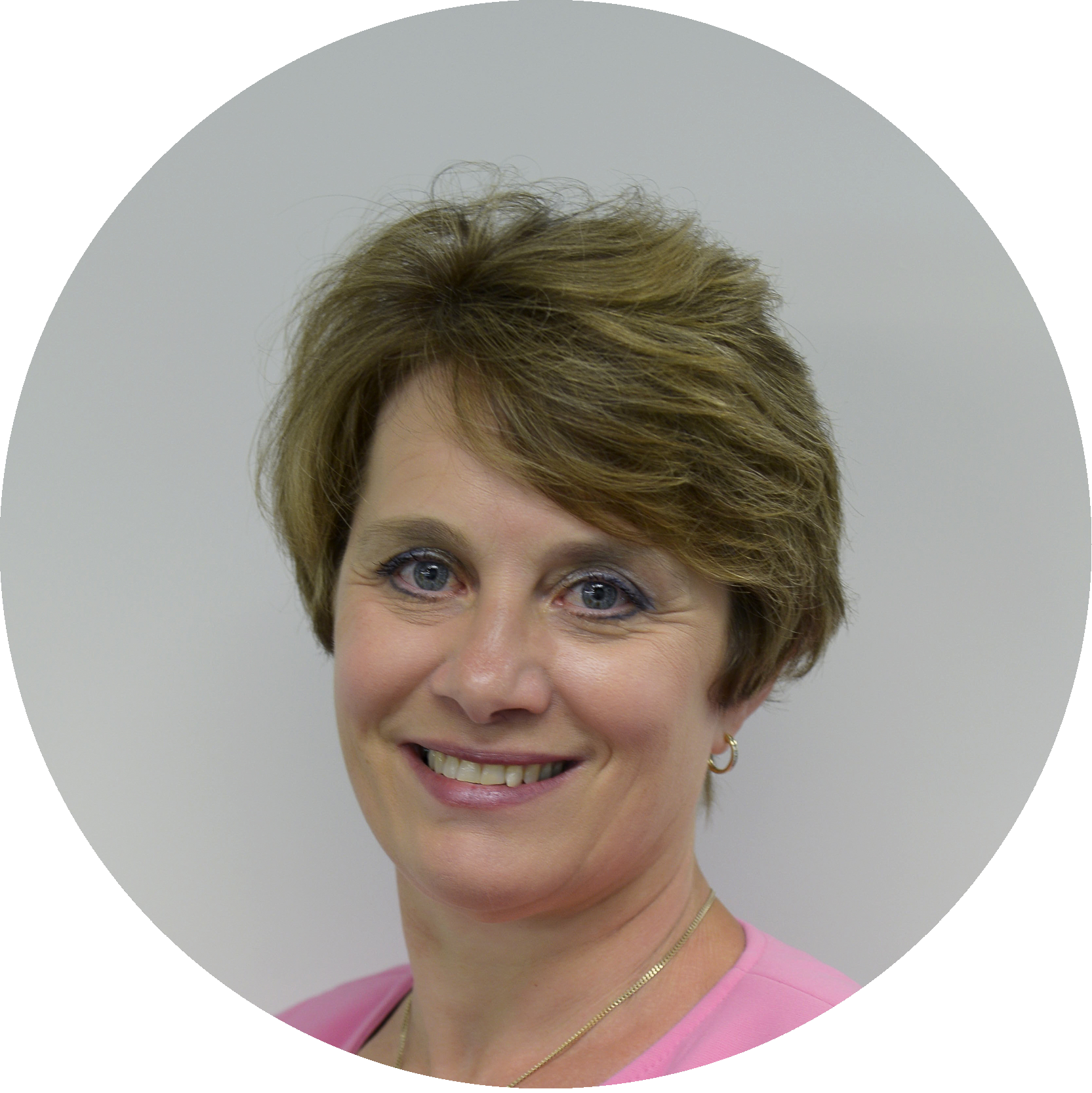
From the Chief Executive Greetings from the CEWelcome to our latest newsletter in a brand new format—we hope the improved design will make it easier to navigate through articles and find points of interest. We do put a lot of useful and important information in our newsletter so we really encourage you to read them and share them with any colleagues who may not be in the habit of reading them. Today the new scope of practice for oral health therapy comes into effect. We have 492 registered practitioners who are eligible to register as oral health therapists, and a total of 440 practitioners are automatically registered in the new scope as of today. A number of others have expressed their intention to change their registration to oral health therapy and have been in contact with our registration team to start the process. Congratulations to all our newly-registered oral health therapists—as we have said before, the new scope recognises the unique skills you bring to your profession and we are excited to be part of recognising your practice in this way. Thank you to all who attended our recertification forums and webinars. In total, over 500 people joined in the discussion either in person at one of our ten forums or online through our webinars. I personally attended most of the sessions and was impressed with the insight and constructive engagement people brought to the process. We have taken a lot of feedback away from the forums that will be considered as part of the consultation process. Consultation for this phase of the recertification review closed on 30 September. We received around 250 submissions—thank you to all who took the time to send their thoughts and suggestions through. You can read the submissions on our website. We are currently working through the submissions, and the full Council will be reviewing them in due course. We have an update on our IT system upgrade in this newsletter—we have made significant progress on this project. Please ensure we have a current email address for you as this will be your initial username that you will use to access the self-service portal. Our annual report was published and presented to Parliament in September—please have a read of it if you have not already. We are currently consulting on the draft 2018/19 budget, APC fees and disciplinary levies for all oral health practitioners and other fees. Please read our consultation paper if you have not already. Kind regards, |
|||||||||||||||||||||
IT project updateOur IT project is well under way and we have made significant progress on work to replace our registry and financial management information system. 
IT project updateOur IT project is well under way and we have made significant progress on work to replace our registry and financial management information system. Next year, we plan to complete the upgrade by implementing a new document management system and business intelligence tool. The new system will integrate our finance and registry systems, which will reduce a lot of the manual processes that Council staff are currently required to do. What does this mean for you?
Bulk paymentsSome of you will be aware that we will not be able to provide the option of bulk payments for APC applications once the new system is live. Currently, some large employers, such as district health boards, make a bulk payment to the Council which covers oral health practitioners in their employment seeking to renew their APCs. Our new IT system does not have the capacity to offer this service. The new system is based upon individual access. Practitioners will need to log on to the portal, complete their application and declarations, then they will be diverted to a payment screen which will require a payment via credit card or internet banking. Once the payment has gone through, the practitioner will be able to download their APC. We appreciate this means some large employers will have to change their processes for payment and we understand this has the potential to cause inconvenience for some practitioners. We have given all employers who make bulk payments advance notice so they have time to sort out how they will manage the payment process under the new system. We encourage any practitioners with concerns about the change to talk to their employers about how to manage payments in the future. Go live dateThe first priority is on establishing “back end” of the system for Council staff before registered practitioners will be given access to the new system in 2018. We expect this to be in time for the first online round of APC applications in March for dental hygienists, dental therapists, oral health therapists, orthodontic auxiliaries, dental technicians and clinical dental technicians. Please ensure we have your current email address as this will be the initial username you use to access the system. |
|||||||||||||||||||||
New additional qualifications policyThe Council has reviewed the information it displays on its public register and the relationship to our statutory obligations and our processes. 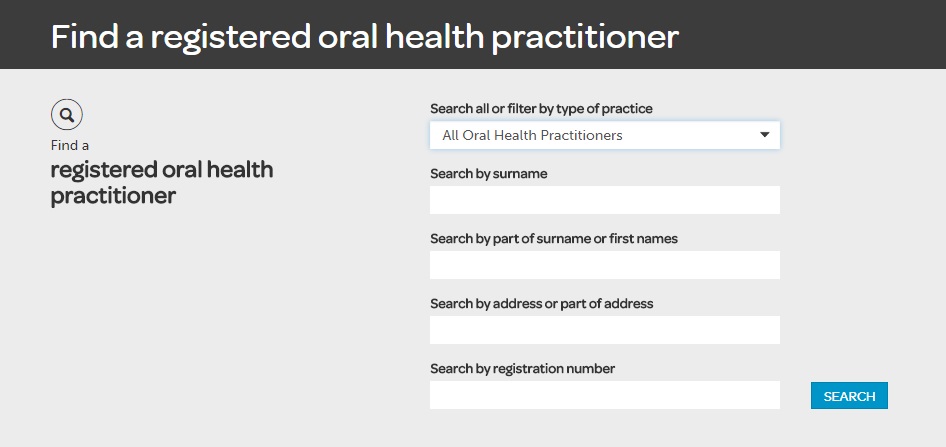
New additional qualifications policyThe Council has reviewed the information it displays on its public register and the relationship to our statutory obligations and our processes. Legal obligationsSection 138(1) of the Health Practitioners Competence Assurance Act (the HPCAA) sets out information to be entered on the register. This is:
In addition, we can enter other information as we consider appropriate—for example contact and address details of practitioners. HistoricallyUnder the Dental Act 1988, there was an express provision that “additional” qualifications (qualifications beyond the qualification(s) used to register with the Council) be recorded on the register. This provision was not provided for under the HPCAA. Instead it provides for the register to include “qualifications by virtue of which the health practitioner is registered”. At the time of implementation of the HPCAA, the Council established a policy to continue the recording of “additional” qualifications on the register. Council positionOver recent months, the Council reviewed its statutory obligations to the information it displays on its public register. The Council holds the view that the purpose of the public register is to advise the public of the registration, scope of practice and the practising status of a practitioner. It is not intended to be a comprehensive record of the practitioner’s education, training and experience; or an advertising portal to the public. Furthermore, in 2016 the Council accepted the orthodontic working group report recommendations, once of which was: … to revisit its policy on the publication of post nominal qualifications; with only registerable qualifications to be listed on the Dental Council public register. Accordingly, the Council adopted the following position: Only qualifications that directly enable a practitioner to register in a particular scope of practice will be displayed on the public register, in a standardised format. Consequently, the Council decided in principle to rescind its registration of additional qualifications and titles policy. Changes to public registerThe Council is currently developing and implementing a new IT system. One of the key tasks for the IT project is the transfer of the current registry data into the new format required by the new system. This provides an ideal opportunity to standardise the format of qualifications displayed on the public register. As a result, a number of changes will be made to the qualifications listed on the public register:
Qualifications currently listed that did not enable registration in the particular scope of practice will be removed (e.g. PhD, postgraduate diplomas, or fellowships/memberships that are not prescribed qualifications) If you only hold registration in a dental specialist scope of practice and not the general dental scope of practice, then only the relevant postgraduate qualification will be displayed. If you hold registration in more than one scope of practice the qualifications relevant to each scope of practice will be displayed.
For example, the overseas BDS and the New Zealand dentist registration examination (NZDREX) will be displayed.
What does this mean for you?This means that your qualification(s) currently listed on the Council’s public register could change. You have the right, and can continue to advertise your professional qualifications on your advertising or promotional material, as long as you ensure that it complies with part 5 of the Council’s advertising practice standard. The public register changes will only occur when the new IT system has gone live. We will advise you of the date closer to the time. In the meanwhile, if you want to share your views with the Council on its positions reflected above, please contact us at comms@dcnz.org.nz [1] These relate to activities by dental hygienists: administration of local anaesthesia, taking intra- and extra-oral radiography, orthodontic procedures; dental therapists: pulpotomies and stainless steel crowns, radiography and diagnostic radiography |
|||||||||||||||||||||
Oral health therapy scope of practiceThe oral health therapy scope of practice came into effect today, 1 November 2017. Congratulations to all 440 oral health therapists who gained registration in the new scope today. We will be issuing new registration… READ ARTICLE 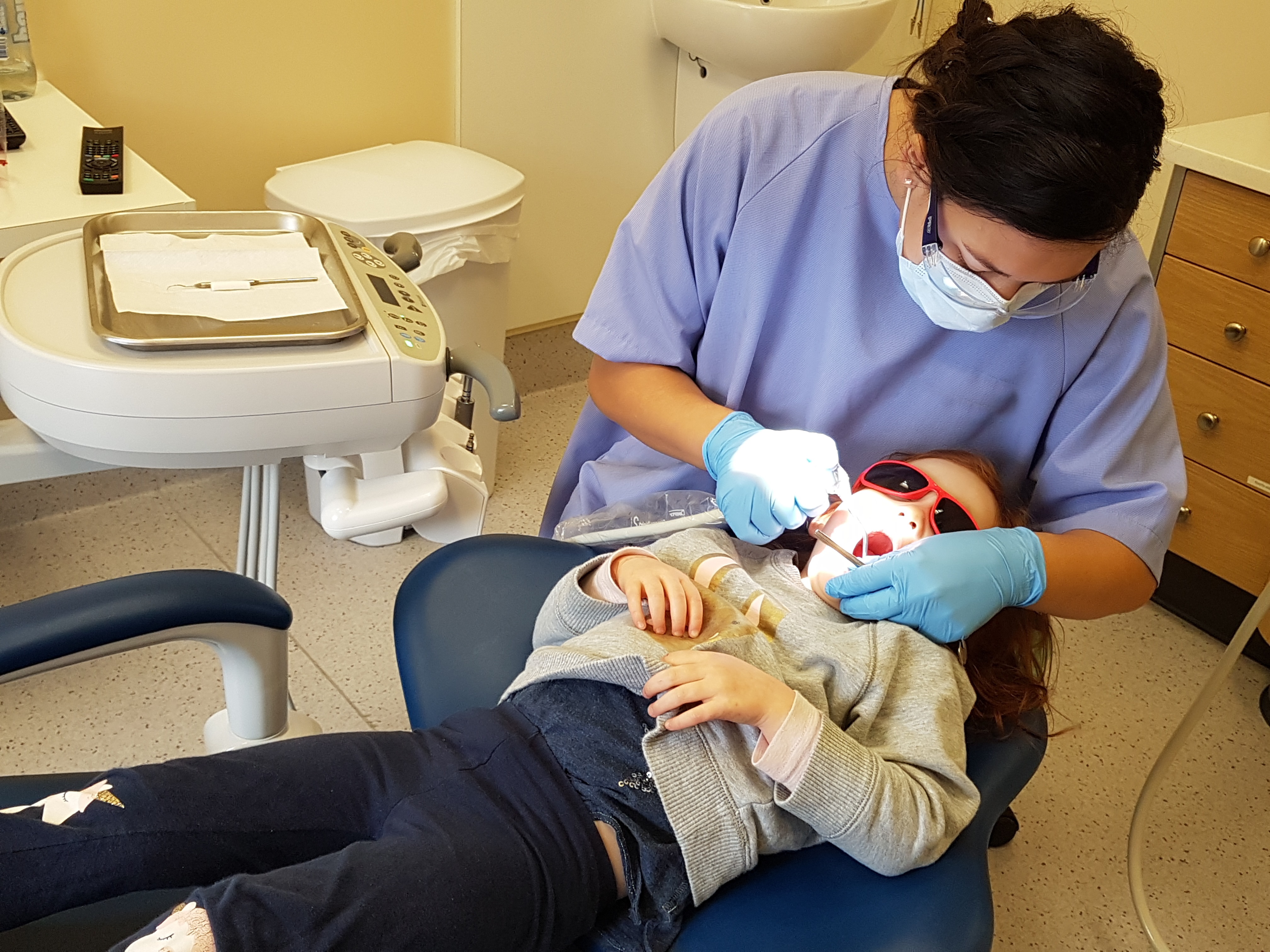
Oral health therapy scope of practiceThe oral health therapy scope of practice came into effect today, 1 November 2017. Congratulations to all 440 oral health therapists who gained registration in the new scope today. We will be issuing new registration and practising certificates to all newly-registered oral health therapists over the next week. These new certificates will replace their registration and practising certificates relating to the dental hygiene and/or dental therapy scopes of practice. The old certificates will no longer be valid. For both the affected practitioners and practice managers, please remember to:
We are in the process of developing an electronic brochure providing basic information on the new scope for the public, which we will provide to all practitioners so you may display or share as you choose. We have created new sections on our website for registered oral health therapists and for those wanting to register as an oral health therapist in New Zealand. These sections include important information about the practice of oral health therapy in New Zealand, including the scope of practice and associated competencies, and the pathways available for those wanting to register in this scope. Our application to have oral health therapy recognised as a profession is progressing. The final step is for Cabinet to approve the legislative change. Due to the election and the effect of this on Parliamentary sitting dates, this is not likely to happen until after the scope has come into effect but we expect it to be complete by the end of the year. Our application to the Medicines Classification Committee to reclassify local anaesthetic medicines articaine, lignocaine and prilocaine, with or without felypressin, for oral health therapists, has been approved and the new classifications published in the New Zealand Gazette. Our last application, to add oral health therapists to the Radiation Safety Regulations list of health practitioners exempted from the need of a use licence, similar to other oral health practitioners where radiography forms part of their scope of practice, has been approved. Again, we expect the legislative change to be complete by the end of the year. |
|||||||||||||||||||||
Recertification review updateCouncil Chair Robin Whyman and Deputy Chair Andrew Gray talk to the Auckland forum 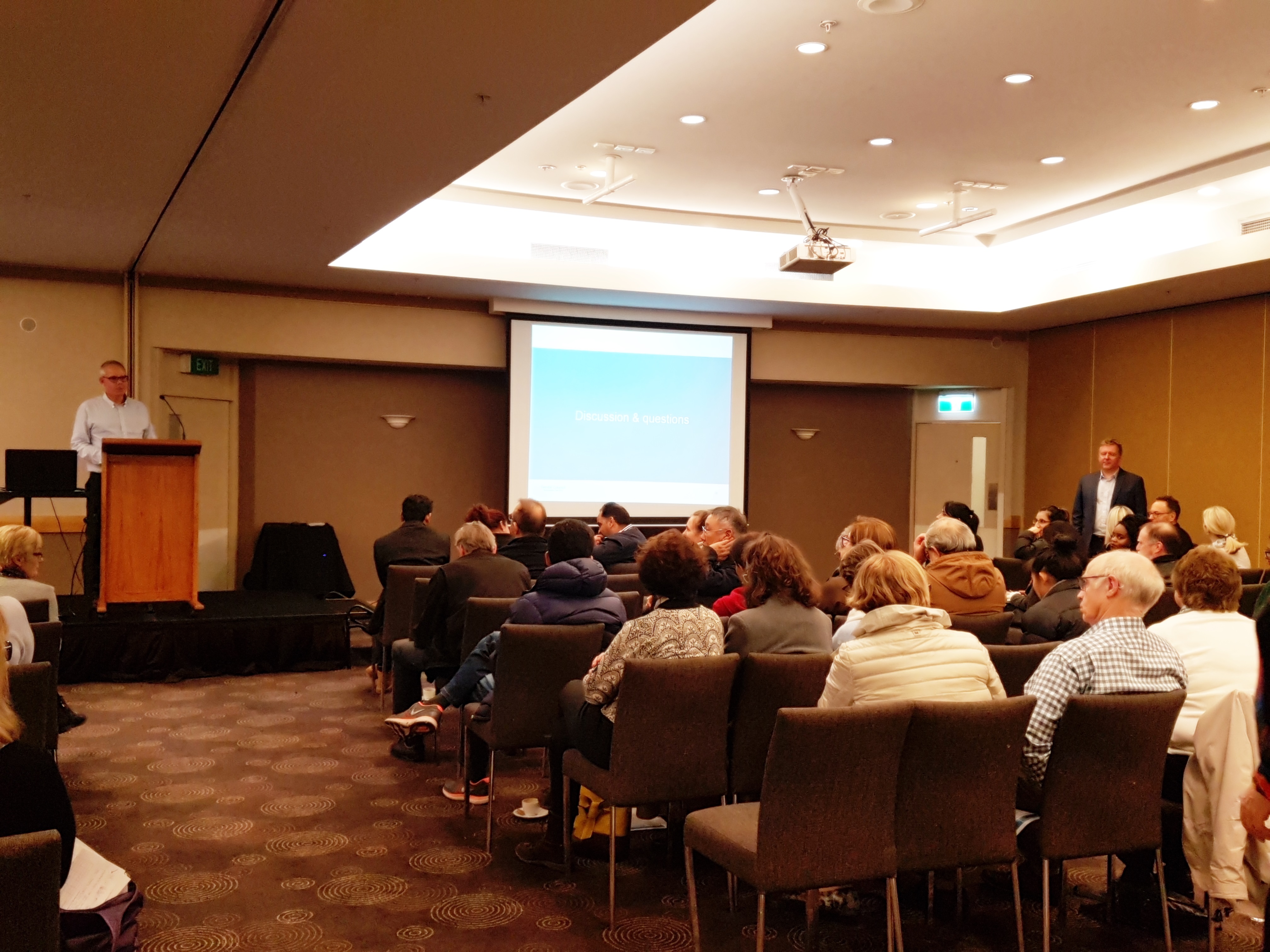
Recertification review updateCouncil Chair Robin Whyman and Deputy Chair Andrew Gray talk to the Auckland forumBetween July and August the Council held ten forums around the country to enable face-to-face discussions with practitioners and stakeholders about our review of recertification. We followed this roadshow up with two webinars. Over 500 people attended either in person or online. The forums were an opportunity to share the thinking, research and work we had done so far on our recertification review. Our Chair Robin Whyman and Deputy Chair Andrew Gray gave our presentation which provided background to the review and our current thinking and then took attendees through the consultation document questions. They also started a conversation with practitioners about their experiences and ideas regarding recertification and talked about some of the issues and potential opportunities for change to the current framework. Feedback from participants who attended the forumsAt the end of each forum, we asked participants to provide feedback on the event via a quick paper-based survey. Across the board, participants appreciated the opportunity to engage with the Council and their peers and colleagues about recertification. The vast majority of participants felt the forums were informative and encouraged discussion in an open-minded and non-threatening manner. Here are a selection of comments from some of the participants:
We want to thank everyone for taking the time to come along to a forum or participate in one of our webinars. We appreciate the enthusiasm and engagement from all participants and value the feedback we received through the process. Thank you also to everyone who made a submission. We received 250 in total, and we expect to spend the next few months analysing them and developing some options for a new recertification framework. We will continue to post updates on the recertification review in our newsletter and on our website. |
|||||||||||||||||||||
Online discount advertisingThe Council has been contacted with concerns from practitioners about the use of discount vouchers and “deal websites” (such as GrabOne, Groupon, TreatMe) to advertise dental services. Online discount advertisingThe Council has been contacted with concerns from practitioners about the use of discount vouchers and “deal websites” (such as GrabOne, Groupon, TreatMe) to advertise dental services. Practitioners are concerned that treatment choice, and informed consent, may be compromised in a situation where a patient has purchased a voucher and the dental practice has already received the money when the patient arrives for their appointment. The Council is grateful to have had this matter brought to its attention and considered the issue at its July meeting. The Council agreed that oral health practitioners are entitled to offer discounted services in their advertising. However, as with any legitimate forms of advertising, practitioners choosing to advertise discounted services in this way have a responsibility to ensure their advertising complies with the requirements of our advertising practice standard and the informed consent practice standard, and to maintain professional standards at all times. Any initial decision by a consumer in response to an advertised service does not substitute for informed consent and does not remove the obligation on a practitioner to obtain informed consent before proceeding to provide the advertised service or other care that might be recommended once the patient meets with the oral health practitioner. When a practitioner advertises a promotional deal for their services, the reasonable expectation is that the practitioner would adhere to their professional obligations and give careful consideration to the following:
All practitioners are reminded of their ethical and professional responsibilities and that all advertising—including online discount advertising—does not substitute for properly obtained informed consent, which requires an ongoing process of communication between practitioner and patient. |
|||||||||||||||||||||
Health Practitioners Disciplinary TribunalCharges brought before the tribunal for practising without an APC Health Practitioners Disciplinary TribunalCharges brought before the tribunal for practising without an APC Three practitioners have recently been referred to the Health Practitioners Disciplinary Tribunal (the tribunal) for practising without a current annual practising certificate (APC). The Health Practitioners Competence Assurance Act 2003 requires every health practitioner practising in New Zealand to hold a current APC. The Council will refer practitioners found to be practising without one to a professional conduct committee (PCC). It is then the PCC’s decision to refer the case to the tribunal if it considers the matter sufficiently serious. In the first case, a dental hygienist had practised for almost four months without an APC. The PCC considered the dental hygienist had placed patients at potential risk by continuing to practise without an APC. In the second case, a clinical dental technician had practised for over seven months without an APC. The PCC acknowledged the technician had faced difficult personal circumstances at the time, but that did not negate the legal requirement to hold an APC. Further, the PCC did not accept the technician’s explanation that they were not undertaking clinical examinations of clients and therefore the absence of an APC was less critical. The PCC stated there remained an element of danger to the public from the technician’s practise without an APC. In the third case, a dental hygienist/therapist was five months late in renewing her APC and acknowledged to the PCC that they had seen more than 100 patients in this time. The PCCs have laid charges with the tribunal against all three practitioners for practising without a current practising certificate. The cases are yet to be heard but the tribunal’s decisions will be published on our website once they are final. |
|||||||||||||||||||||
| Practitioner's corner | |||||||||||||||||||||
Oral health practitioners and tongue ties - part IIOur last newsletter contained an article in Practitioner’s Corner on oral health practitioners and tongue ties. It created considerable interest and extensive feedback. You can read the article here. 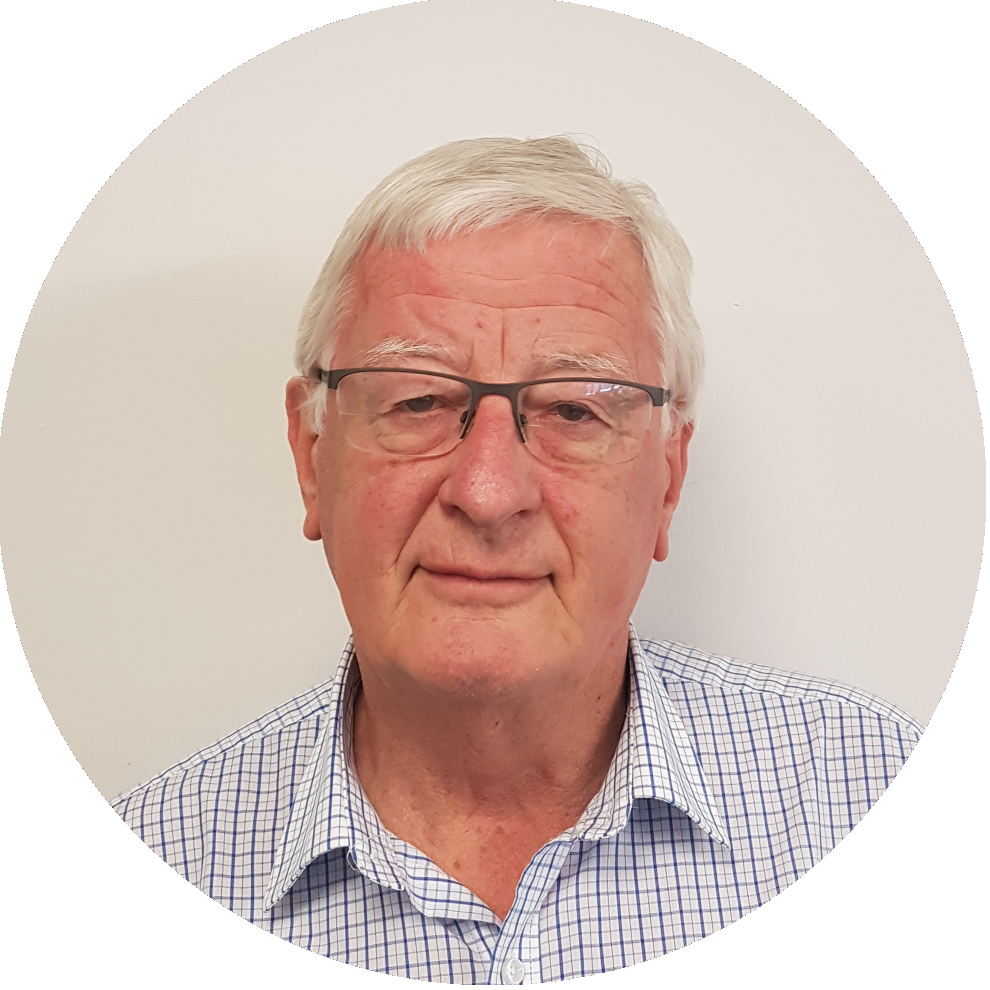
Oral health practitioners and tongue ties - part IIOur last newsletter contained an article in Practitioner’s Corner on oral health practitioners and tongue ties. It created considerable interest and extensive feedback. You can read the article here. Dr Juliet Gray, a special needs dentistry specialist with the Canterbury District Health Board, wrote regarding an initiative in Canterbury outlining key changes to tongue tie assessment, referral and treatment in newborns with feeding difficulties. The Canterbury District Health Board had a higher than average surgical intervention rate for babies with ankyloglossia (tongue-tie) and until 2015 this rate was increasing annually. In mid-2015, intervention reached a peak with 13% of Canterbury newborn babies receiving surgery for ankyloglossia. Despite the high intervention rate, breastfeeding rates in Canterbury have been static, which suggests tongue-tie release surgery has made little difference in increasing the number of women breastfeeding. Over the last 18 months, a Canterbury initiative working group involving multiple clinicians has been looking at international and national literature about newborn feeding and tongue-ties, auditing the Christchurch Women’s Hospital clinic and has trialled the Bristol Tongue Tie Assessment tool (BTAT). Internationally, the incidence of ankyloglossia is reported to be between 0.02 and 10 percent, but only 25-50 percent of babies with ankyloglossia will have feeding problems related to ankyloglossia. International data supports a target rate for tongue-tie release surgery between 0.2-5 percent. International guidelines cautiously support tongue-tie release surgery for babies with ankyloglossia and feeding difficulties, while acknowledging that evidence is weak due to the subjective nature of the measurable outcomes. In Canterbury, there has been consultation with clinicians and consumers to understand the rise in tongue-tie surgery for newborns, clinical outcomes and evidence base for practice. As a result of this work, a more consistent approach to tongue-tie assessment at Christchurch Women’s Hospital has been implemented, and this has led to a reduction in the intervention level to 3.9 percent by mid-2017. Oral health practitioners have an obligation to be up to date with the research and the evidence base to support their diagnosis and treatment protocols. At the very least, a recognised diagnostic and classification model, based on the appropriate assessment should be applied by those electing to surgically manage tongue ties in neonates. A decision, by oral health practitioners, to treat neonates needs to be shared with registered practitioners with the training, qualifications and experience in managing this age group. |
|||||||||||||||||||||
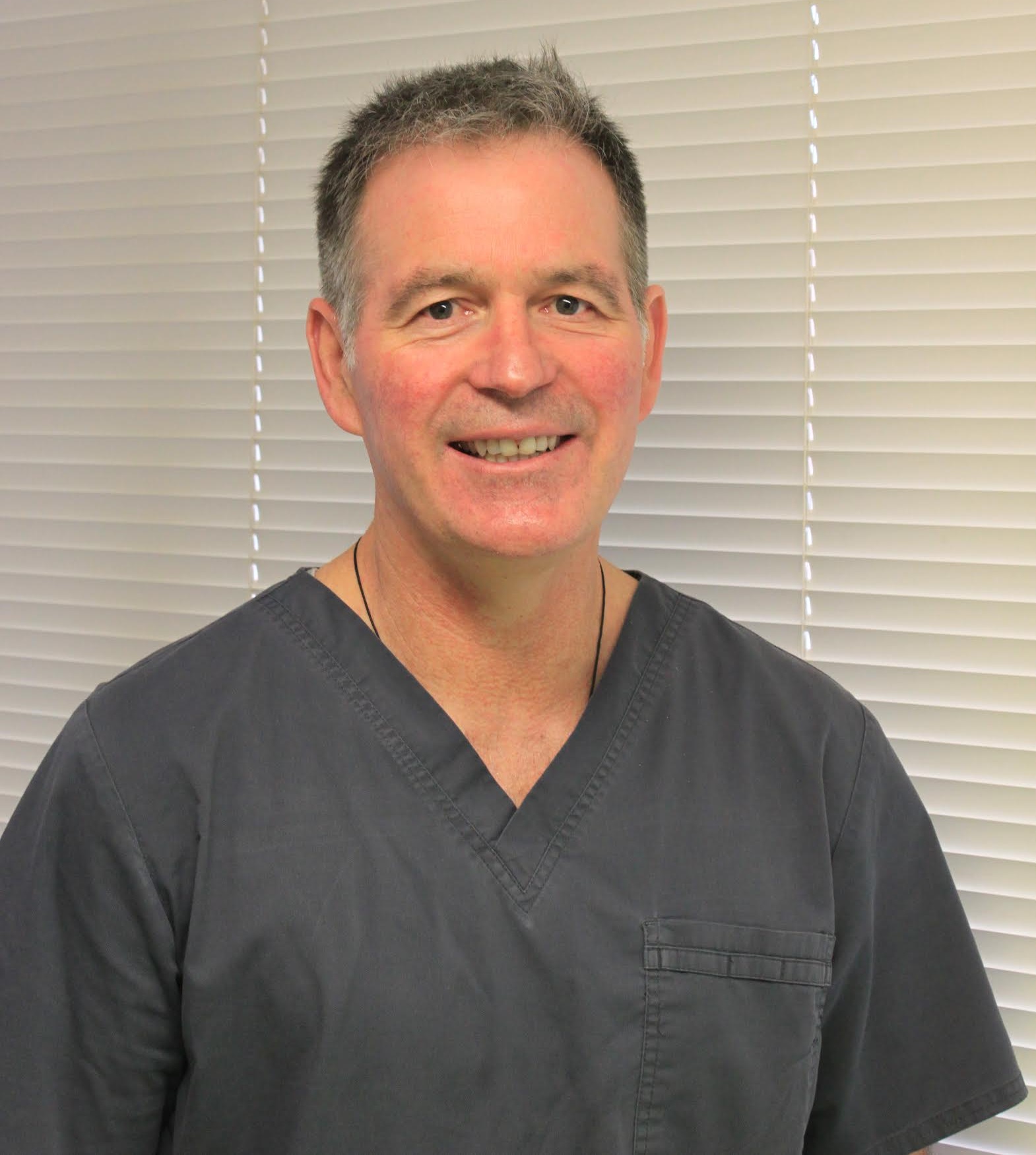
|
|||||||||||||||||||||
Council and committee membershipAt its August meeting, the Council noted the following in relation to its membership: |
|||||||||||||||||||||

Council and committee membershipAt its August meeting, the Council noted the following in relation to its membership:
Michael Holdaway (pictured) I practice as a general dental practitioner in Ashburton. My wife and I are the owners of Dentistry on Parkside. We have grown this business within our community for the last 27 years. Our practice now has three full-time dentists and two full-time dental therapists/hygienists. It has been our aim to provide a full range of quality dental services within Ashburton. I am passionate about continuing education and supporting my staff to continue in upskilling while nurturing a special interest in surgical implant dentistry, which my colleagues now share. As a result we offer IV sedation, Cerec restorations and crowns and I continue to develop a passion for implant-based solutions in the edentulous maxilla and mandible. Together, Mary-Jo and I have raised three daughters in the thriving community of Ashburton. I enjoy keeping fit, swimming and building an interest in bee keeping while serving in our local Anglican parish. B.Sc., B.D.S.(Otago), D.Imp.Dent (RCSEd) Fellow of the International Congress of Implantologists (ICOI) |
|||||||||||||||||||||
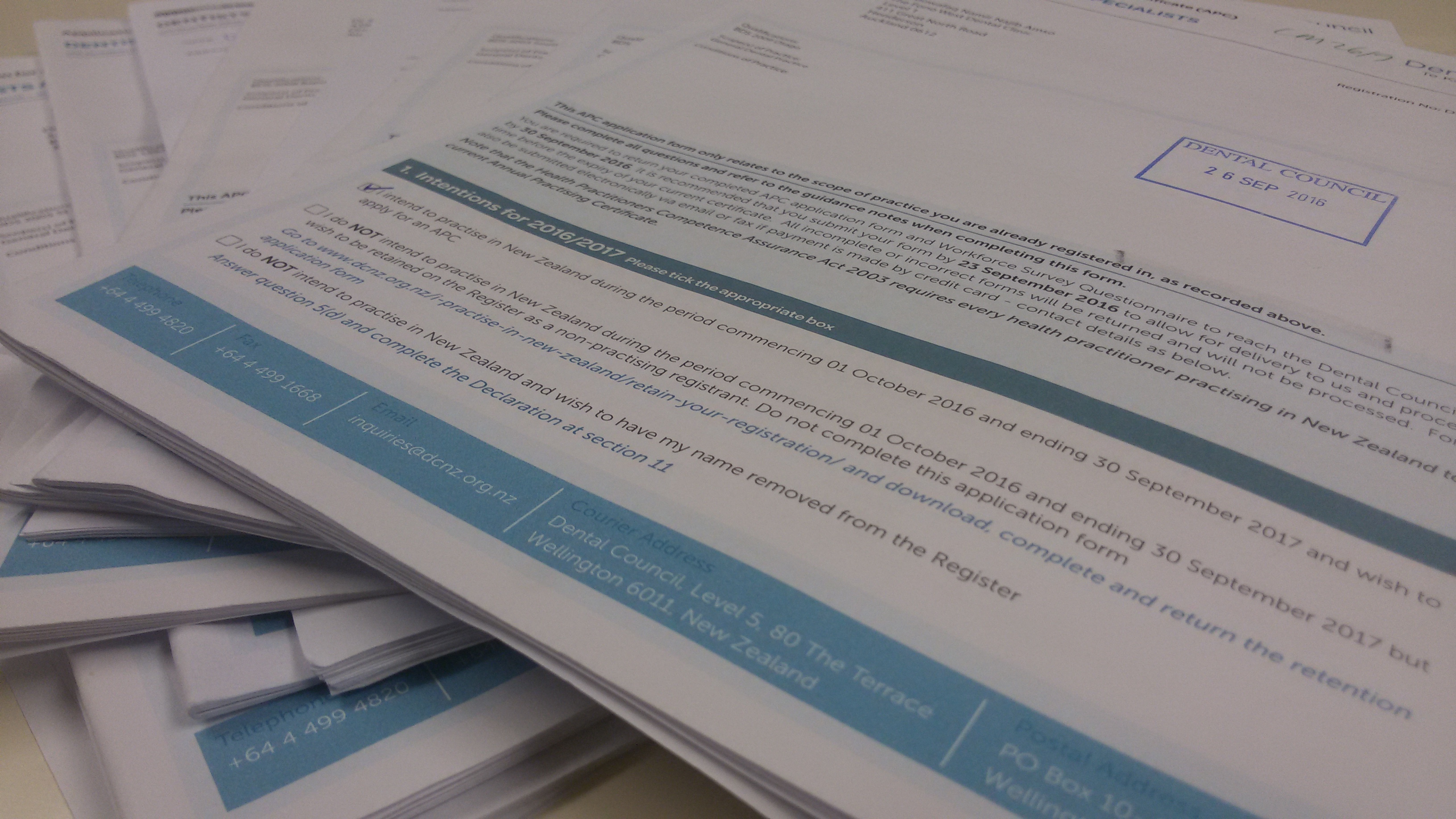
|
|||||||||||||||||||||
New recertification requirementsAll oral health practitioners have recently received communication from the Council setting out requirements under the current recertification programmes. |
|||||||||||||||||||||

New recertification requirementsAll oral health practitioners have recently received communication from the Council setting out requirements under the current recertification programmes. Council decisionIn 2015, the Council began a review of the way it recertifies practitioners. It anticipates completing the review in 2019. The Council has determined that in the meantime, all recertification programmes set for registered oral health practitioners in the current format should be completed by 31 December 2019. As a consequence, Council has determined:
While CPD activities do not need to be verified, they still must be verifiable. That means you must be able, if called upon to do so, to provide documentary evidence of attendance, and documentation that shows the activity or the training provided is approved for verifiable CPD purposes by an approved CPD provider or verifier. This decision was made in accordance with section 41(6) of the Health Practitioners Competence Assurance Act 2003, at the full Council meeting on 3 July 2017. Requirements of the recertification programmeThe requirements for the current cycles are below.
Requirements of the recertification programme – dentists and dental specialistsThe programme is a departure from previous recertification programmes which have required 80 hours of continuing professional development and 12 per contact activities over a four year cycle. This is because the cycle has been shortened in recognition of the fact we are currently consulting on a new recertification framework and we anticipate implementing the new framework in 2020. The requirements have been pro-rated to reflect the shortened timeframe. Requirements of the recertification programme – all other oral health practitionersThe current recertification programme for dental hygienists, dental therapists, oral health therapists, orthodontic auxiliaries, dental technicians and clinical dental technicians ends on 31 December 2017. At the end of the cycle, you will be required to provide a self-declaration to confirm you have completed the minimum prescribed number of CPD hours and peer contact activities for your profession. The Council will not require a detailed CPD activities schedule or log to be submitted but we strongly recommend you maintain one for your records and as preparation for a possible audit following the end of your CPD cycle. After the cycle has concluded, the Council will select a random sample of 10 percent of practitioners who will be subject to a CPD audit. Practitioners selected for audit will be required to submit their schedules together with evidence of activity completion or course attendance. Practitioners who have had their required CPD verified by the New Zealand Dental & Oral Health Therapists Association will be exempt from random audits. We will provide you with more information about the new recertification cycle before the end of this year. |
|||||||||||||||||||||
Dates to watchSome key dates coming up in the Dental Council calendar: 2017 graduates—apply for registration now!Students graduating in 2017 are encouraged to submit their applications for registration now. By submitting… READ MOREHave we got your current details?If you have moved house or changed employment recently, please ensure that we have your… READ MORE |
|||||||||||||||||||||
Dates to watchSome key dates coming up in the Dental Council calendar:
|
|||||||||||||||||||||
2017 graduates—apply for registration now!Students graduating in 2017 are encouraged to submit their applications for registration now. By submitting your forms before graduation, you can ensure you are added to the register as soon as the graduation list is confirmed. Complete applications will be processed in order of receipt. Please note that our new IT system will not be ready to accept online registrations until next year. The application form for newly qualified graduates is for all graduates, undergraduate or postgraduate, of New Zealand qualifications seeking registration here. |
|||||||||||||||||||||
Have we got your current details?If you have moved house or changed employment recently, please ensure that we have your current contact details. Contact us at inquiries@dcnz.org.nz if you are unsure what details we hold for you. |
|||||||||||||||||||||

